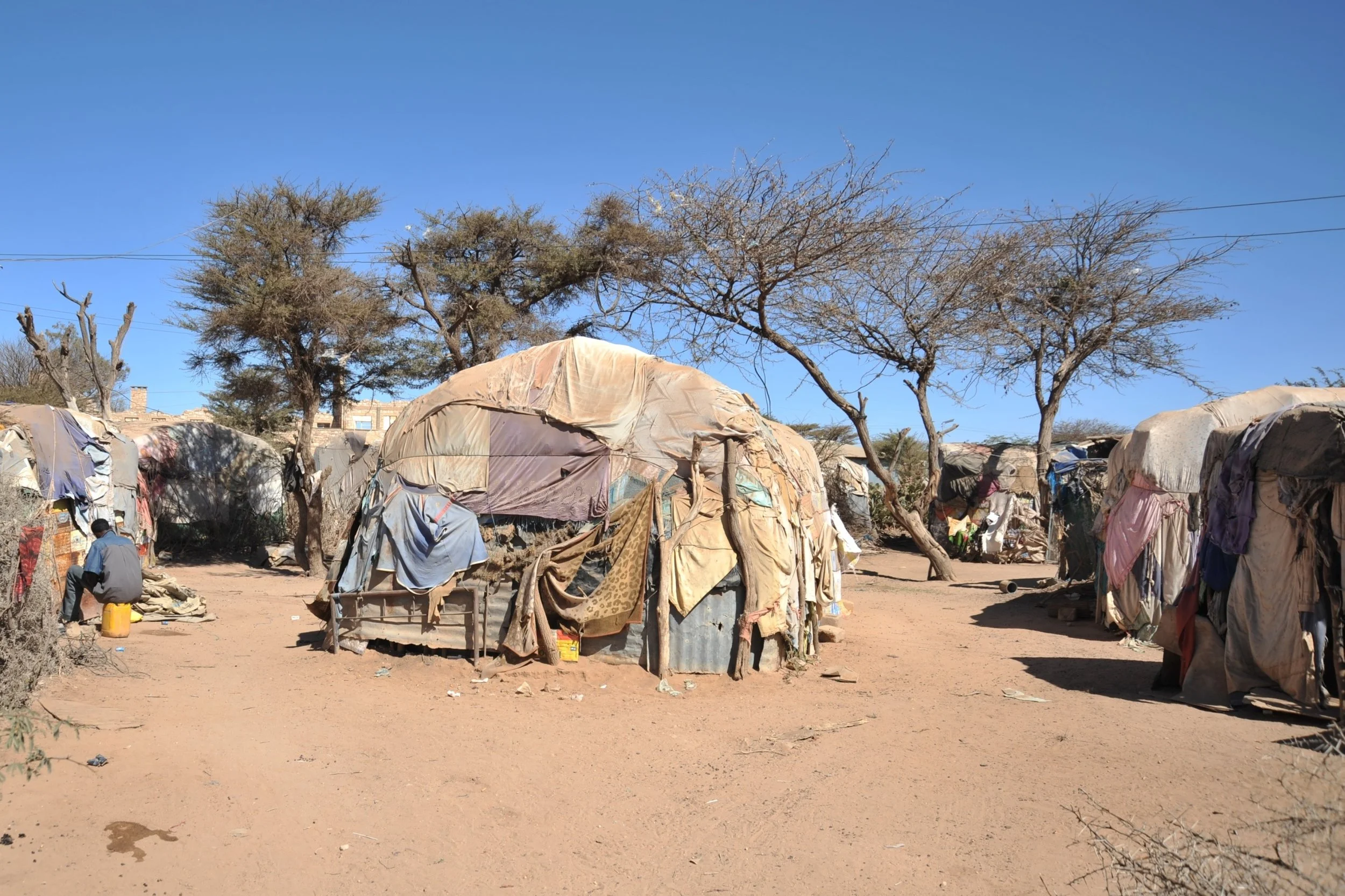
Vision
The Monitoring and Evaluation of the Somalia Humanitarian, Resilience and Health Programmes (MESH) is an innovative suite of monitoring, evaluation, and learning/change approaches designed to validate humanitarian programming results and to use evidence to drive performance overall.
Annual progress towards targets for emergency assistance
Humanitarian action is being impacted by the ‘data revolution.’ We can no longer expect any one expert, no matter how prolific and profound, to give an adequate analysis of the problems we face, day in and day out, in the most complicated operating environments in the world.
Data provide a glimpse into the patterns that exist in the chaos. This gives us a way to understand what works and what doesn’t, in near real time, and to prompt adaptive programming, continuous improvements, and better results overall.
Data analysis is not supposed to be simple. The collection, organisation, display, and analysis of data are fraught with complications and compromises. Yet, even incomplete and anomalous data can provide signs that lead to ever more telling, compelling, and valid insights.
Front-line operational humanitarians should have access to multiple screens where they can scan what’s going on in any one context as based on deep and real numbers. Humanitarians should see data as multifaceted tools for understanding what’s working, what’s not, and how to improve operational performance as quickly as possible.
Early action, based on valid and comprehensive information, allows humanitarians to meet the needs of the most vulnerable.
Somalia remains one of the poorest, most unstable, food insecure and crisis susceptible countries in the world. Through 2016 and 2017 a prolonged drought risked plunging Somalia into famine. The conditions were reminiscent of those in 2011 that led to a famine killing over 250,000 people. With a more sophisticated Early Warning system, DFID partners were able to predict and plan for the 2017 famine prevention response.
MESH provided the evidence to ensure that DFID investments were used as expected and that this support enabled people to withstand and recover from the drought.


